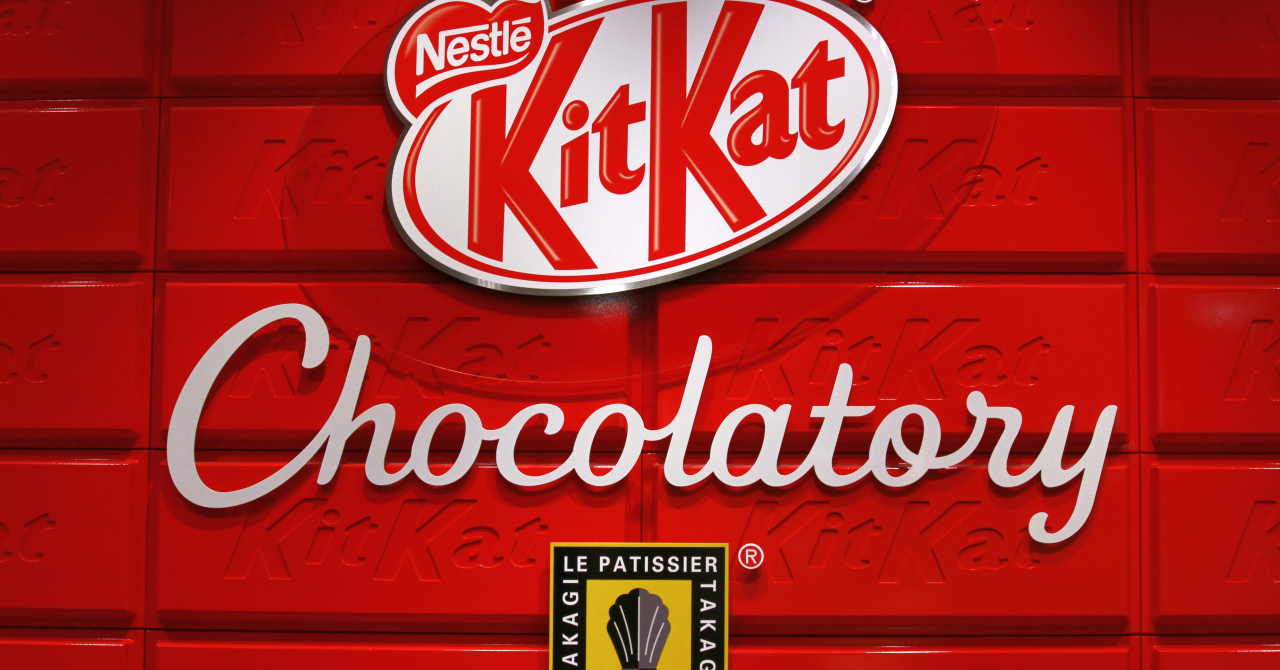ESG Today writes that the new projects, co-developed with Cargill and ETG | Beyond Beans, will unfold over the next five years to promote agroforestry and accelerate the transition towards regenerative agriculture, while supporting the reforestation of degraded areas.
Mother company for brands such as Kit Kat and Nesquick, Nestlé is one of the world's main and largest consumers of cocoa, having supplies of over 430.000 tons coming in every year for production purposes. Most of the cocoa the company uses comes from Ghana or the Ivory Coast, where cocoa farmers deforested some of the land to farm the fruit.
The food and beverages company committed to become a carbon-neutral one by 2050, having pledged to reduce the impact on the planet by 20% by 2025 and 50% by 2030.
Over 70% of Nestlé's emissions come from sourcing the required ingredients to make its products and 25-35% of ingredients-related emissions come from poor land management. To reverse the negative effects, the company will work with its suppliers to limit and prevent deforestation, while planting millions of trees to restore affected ecosystems.
Over the next two decades, Nestlé officials say they will work with around 20.000 farmers in Ghana and the Ivory Coast to plant over two million trees, which can capture an estimated 500.000 tons of carbon emissions over their lifetime.
Darrell High, Global Cocoa Manager at Nestlé, said that "these projects are important milestones on our journey to net zero. Long-lasting forest protection can only happen when collaborating with fully committed suppliers, just like Cargill and ETG | Beyond Beans. We also depend on the participation of local communities, who have an impact on the forests and can help find land-use solutions that are best suited for the local reality."
The company wants to involve local communities, as well, since they will play a major role not only in the development of this project, but future ecosystem protection initiatives.
Ursule Gatta, Cargill Partnership Officer Ivory Coast, added that "this initiative can really make a difference. Our ambition is to scale up the project to cover 18 cooperatives over five years, aligned with the Nestlé Income Accelerator program."
 Mihai - Cristian Ioniță
Mihai - Cristian Ioniță












Any thoughts?